|
Above - very cute emojis of sushi and bento box. Now consider the Japanese conundrum... The Japanese are known to live long lives, sound in body and mind. The Japanese diet has its ups and downs. It has lots of fish, it's low fat but high salt. So? In the early 1970s, a study was done on the health of Japanese men who had settled in America comparing those who followed as much as possible a traditional Japanese diet centred on fish, vegetables, tofu and tea with those who "went native" on a diet with burgers, processed foods, fats, salt and sugary drinks . Statistics showed that men in Japan had significantly lower rates of coronary heart disease than American men (at that time the highest in the world). The obvious explanation was diet. For Japanese men in America, did sticking to a Japanese diet protect them? The results were disturbing and confusing. Japanese men in America suffered worse health issues than Japanese men in Japan certainly, but not all were better off than their America counterparts, even on a Japanese diet. Those that stood out convinced Professor Michael Marmot to look deeper. (Marmot had migrated to Australia as a child. After university in Australia, he received a PHD in 1975 from the University of California, Berkeley for research into "Acculturation and Coronary Heart Disease In Japanese Americans".) Crunching the numbers they decided that what mattered more than the food was the culture in which they ate it. Rather than the American emphasis on speed and individualism, the Japanese men who maintained better health ate with family and friends and maintained a sense of community. Whatever they were eating, they made time to eat, free from any sense of impatience and panic. They had not yet been seduced by the American values of urgency and competition. (Times would change.) In brief, it showed that how we eat is as important as what we eat. Take the time; you’re worth it. If possible eat with someone. If alone, prepare something nice, eat it slowly on a nice plate; you’re worth it. It makes sense to me. People see themselves as “time-poor” with no time to prepare a meal, be it a hot casserole or a mixed salad. But somehow time slips easily through our hands in front of the second series of The Crown or while surfing the net for that vintage handbag, that first edition Julia Child, that slightly cheaper carburettor. I loved this book Bee Wilson The Way We Eat Now “We have been sold the idea that all that matters about food is the nutrients it contains. But an organic salad gulped down in a state of anxiety and solitude is not necessarily “healthier” than a takeaway of fish and chips enjoyed at leasiure with friends.” Bee Wilson Below, eating with friends - a treat. L - an unexpected afternoon tea (never high tea) R.- lunch with three friends and a home-made bread. Comment or like - see the fine print below.👇
6 Comments
Kym
7/8/2019 05:36:52 pm
Breakfasts around the world.
Reply
Angela Bannon
7/8/2019 05:52:49 pm
It's the company you keep. I've just come back from the pub having had a glass of bubbly and a glass of house riesling, accompanied by a packet of crisps. Best company, great conversation, zero 'health', heaps of philosophy and reminiscence.
Reply
Pauline
7/8/2019 05:58:04 pm
I agree. So many ideas about food are constructed, eg, no one in The USA or England ate boxed cereals for breakfast before 1906 (the invention of corn flakes).
Reply
Leave a Reply. |
Categories
All
|
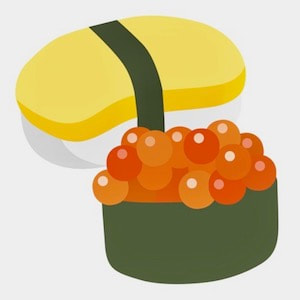
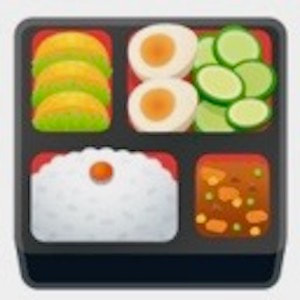
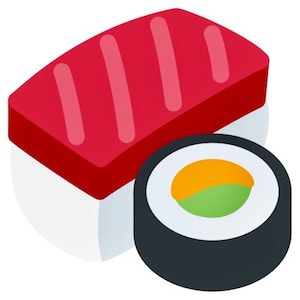
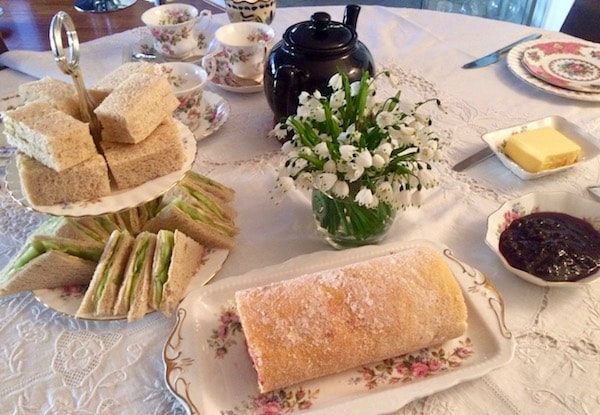
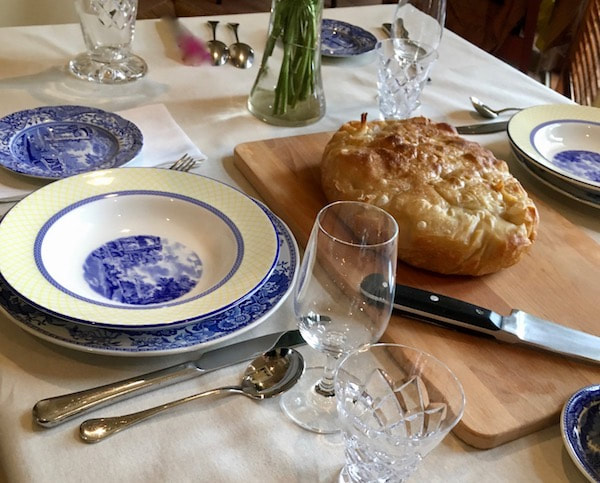
 RSS Feed
RSS Feed
